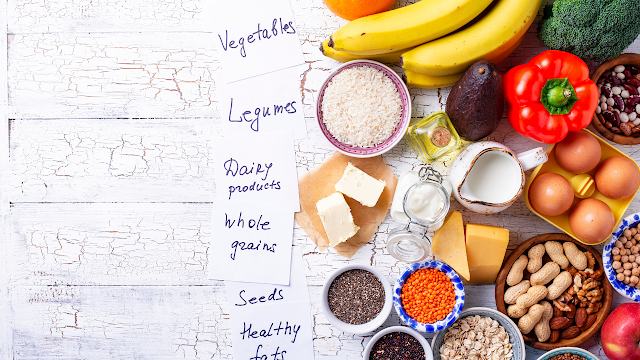The liver is a vital organ that plays a crucial role in the regulation of various bodily functions such as metabolism, detoxification, and blood clotting. When the liver is damaged or inflamed, it can lead to liver disease, which can result in serious health problems. While poor nutrition is rarely the direct cause of liver disease, good nutrition in the form of a balanced diet can help damaged liver cells regenerate and form new liver cells. In this blog post, we will take a deeper look at the role of nutrition in liver disease treatment.
Liver disease is often associated with malnutrition, which can lead to malnourishment and affect the overall functioning of the liver. Malnourishment can also lead to a weakened immune system, making it more difficult for the liver to fight off infections. It is crucial for patients with liver disease to consume a balanced and nutritious diet, which can help improve liver function and overall health.
A balanced diet for liver disease should include a variety of fruits, vegetables, whole grains, lean proteins, and healthy fats. Patients should also consume a sufficient amount of carbohydrates, as they play a vital role in liver function. Additionally, it is essential for patients to avoid unhealthy foods high in salt, sugar, and unhealthy fats, which can lead to further liver damage.
Protein is essential for liver function and should be a crucial component of a patient's diet. However, some patients with advanced liver disease may experience a condition called hepatic encephalopathy, which occurs when the liver is unable to remove toxins from the body. In these cases, protein intake may need to be limited and monitored to prevent further liver damage.
Patients with liver disease should also stay hydrated, especially if they experience vomiting or diarrhea, as these symptoms can lead to dehydration. Consuming sufficient fluids can also help the liver flush out toxins and improve overall liver function.
Alcohol consumption can also lead to liver damage and should be avoided by individuals with liver disease. Even moderate alcohol consumption can lead to further liver damage and should be avoided entirely.
Good nutrition is essential for individuals with liver disease and can play a vital role in improving liver function, overall health, and quality of life. A balanced diet consisting of fruits, vegetables, whole grains, lean proteins, and healthy fats, along with sufficient fluid intake, is crucial for improving liver function and overall health.
Individuals with liver disease should also avoid unhealthy foods, limit protein intake if necessary, and avoid alcohol consumption. Overall, proper nutrition is a vital component of liver disease treatment and can play a significant role in improving liver function and overall health.






.png)
.png)
0 Comments